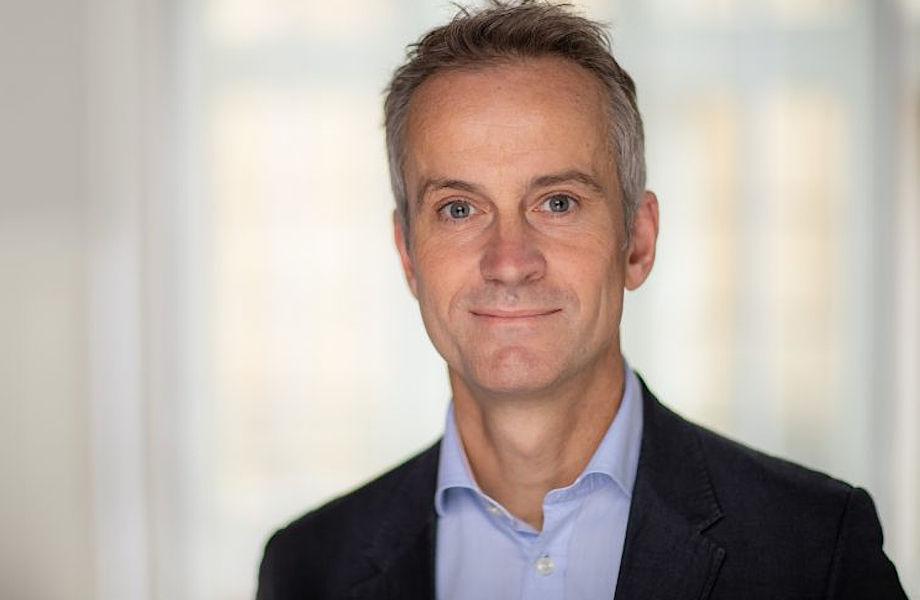Increasingly frequent ‘extreme’ events create a challenge but also an opportunity for agriculture if science can keep pace and answer the questions arising from farmers. The Agri-TechE REAP conference, now in its tenth year, provides a forum for accelerating innovation in agri-tech. Keynote speakers Professor Gideon Henderson, Defra Chief Scientific Adviser, and David Exwood, livestock farmer and NFU Vice President, will create a context for discussions in this interactive event, which also features emerging agri-tech and a start-up showcase.
Professor Gideon Henderson, Defra Chief Scientific Adviser, will be framing the direction of travel for agricultural science and discussing the challenge of balancing net zero and biodiversity with food production.
Livestock farmer and NFU Vice President David Exwood will join him and comments: “I think as challenging and uncertain as things are for farmers at the moment, these times are equally exciting and full of possibility.”
Dr Belinda Clarke is Director of Agri-TechE, a membership organisation that supports innovation in agricultural technologies. She comments: “The world is no longer the same shape as it was five years ago. Major geopolitical and socioeconomic disruptions, as well as extreme weather events, are creating a confluence of crises.
“All living things – us humans included – like to maintain equilibrium by making minor adjustments to stay within a comfort zone, but this is increasingly challenging and can induce a feeling of panic! At REAP 2023 we are going beyond the comfort zone and exploring the potential of the ‘stretch zone’, where the opportunity for greatest innovation and growth exists. We will look at the positive developments across science, technology, farming practice and the value chain that will enable sustainable, profitable agricultural production.”
Professor Gideon Henderson became Defra’s Chief Scientific Adviser in October 2019, and is a Professor of Earth Sciences at the University of Oxford. As Chief Scientific Advisor, he is responsible for ensuring that Defra’s policymaking and delivery is informed by the best possible science and innovation, across the full range of the Department’s environmental and agricultural responsibilities.
Before his appointment to Defra, Professor Henderson’s research included the viability of routes to remove carbon dioxide from the atmosphere, and he led the Royal Society Report on Greenhouse Gas Removal (GGR), published in 2018.
Its recommendations included demonstration projects of land based GGR approaches, and developing techniques for monitoring and measurement that would enable verification and validation of the emerging approaches for GGR. Prof Henderson comments that such science-based verification of environmental outcomes are equally important across many areas of government agriculture and environmental policy.
He says: “I see it as a two-way conversation: science is offering new options and opportunities for farming, and farmers are asking new questions of science. The activities of organisations like Agri-TechE are very important in supporting this dialogue.
“For example, in terms of soil carbon, we don’t currently have a broad enough range of measurement tools to assess soil carbon content, but we’re improving with some clever innovations in that space. There is hope that we can soon take higher-resolution and more accurate measurements.
“One pressure in our carbon budgets is peat degradation. So much of our Grade 1 agricultural land is peatland, and although we are still at the earlier part of the learning curve than we are with woodlands, we are moving along that curve with farmers.
“The simple statement ‘we want to maintain food production’ is quite a tricky concept. I look forward to hearing discussion about achieving such production in the face of environmental pressures at REAP.”
Agri-TechE’s REAP 2023 conference ‘Adaptation through innovation; beyond the comfort zone’ is to be held on 8th November 2023 at the Rowley Mile Conference Centre, Newmarket, UK. Find out more at reapconference.co.uk.
[Image of Prof Gideon Henderson courtesy of Defra/Gideon Henderson]



